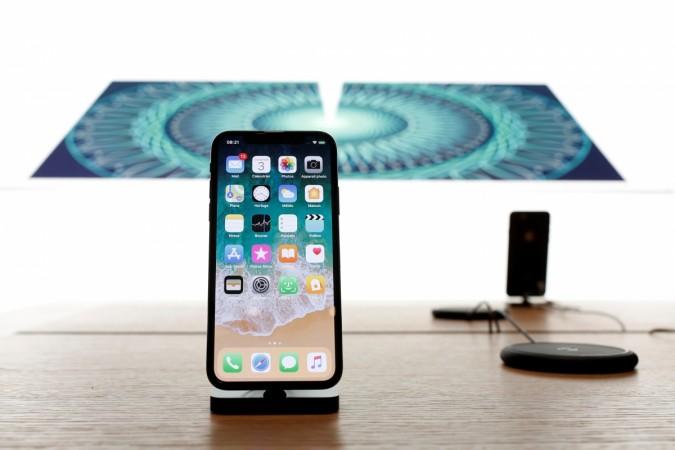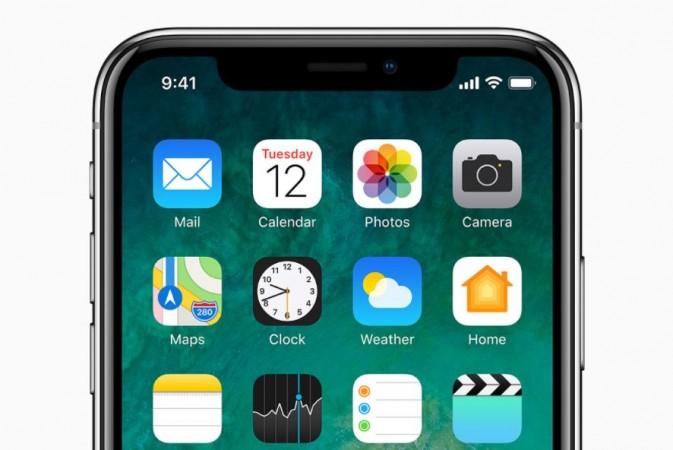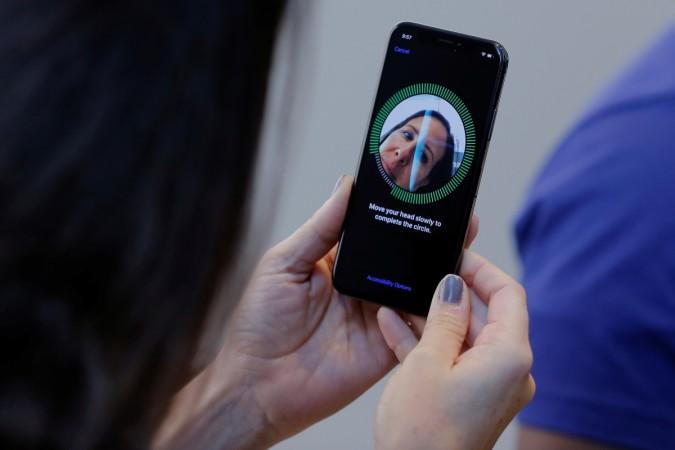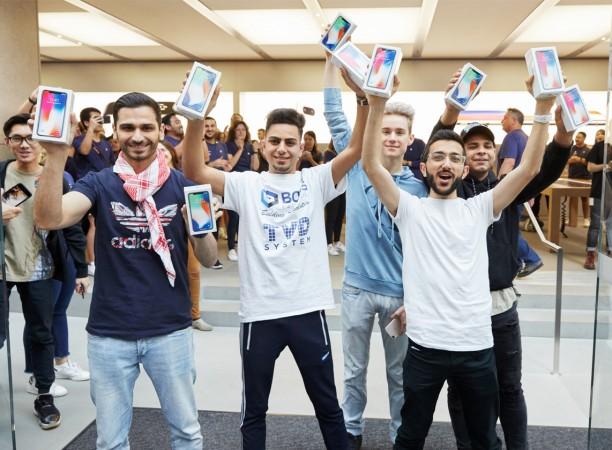With Apple's most expensive smartphone, the $999 iPhone X, now available worldwide, first reviews of the latest flagship phone are already in with a positive consensus. While some new traits like the OLED screen and the Face ID impressed many, some flaws in both design and software also attracted criticism.
The iPhone X features an all-screen front design with a 5.8-inch OLED screen, no home button and a weird-looking notch at the top housing the front-facing camera and other sensors. The rest of the device is more or less similar to the iPhone 8 and iPhone 8 Plus, with a dual-camera setup on the glass back.
Here's a roundup of reviews of the iPhone X by critics, who had early access to Apple's 10th anniversary iPhone.

David Pierce of Wired praised the iPhone X as "definitely the best iPhone you can buy," but he was "still torn about whether or not to recommend it," because it was the first time when he "had this hard a time getting used to a new iPhone."
"In most functional ways, the iPhone X isn't life-changingly better than the 8 or 8 Plus. I think the TrueDepth camera could be the start of something special, but you can buy the next model, once there's more to see on that front," Pierce wrote.
Nilay Patel of The Verge argued that the iPhone X is "clearly the best iPhone ever made," which "pushes the design language of phones into a strange new place." However, the notch in the display -- Apple calls it the "sensor housing" -- apparently ruined his mood: "It's ugly... It's definitely intrusive in landscape, though — it makes landscape in general pretty messy."

"The iPhone X is a very expensive iPhone... If you're a huge iPhone fan and you have the money, you'll love it. It's a really nice phone. But if you have any doubts at all, stick with an iPhone 8 or 8 Plus. You'll get most of the same features, and you'll wait out app developers figuring out how to use this new screen. Eventually every iPhone will look like the iPhone X, after all," Patel wrote.
According to Joanna Stern of The Wall Street Journal, the Face ID is "just as fast, secure and reliable as TouchID... in most situations." Although she still missed the fingerprint sensor in many occasions, she argued that the iPhone X is the harbinger of more powerful future technologies.
"In many ways, the iPhone X seems like a bridge between the past and the future... The X's faster processor and depth-sensing tech—along with Apple's new augmented-reality initiative and embrace of talking speakers and ever-more-powerful wearables—lay a foundation for bigger changes to come," Stern wrote.

For Samuel Axon of Ars Technica, the iPhone X is a reminder of the first iPhone 10 years ago. According to him, "the original iPhone made the future happen by the same approach a decade ago, and the iPhone X does it again," but it's not "as revolutionary as the first iPhone was."
"As always, the second iteration of a new design will surely be more refined, and cautious buyers who wait for year two will probably be rewarded for their patience. But the iPhone X is nevertheless easy to recommend if you want a glimpse at what's going to be exciting in the next 10 years," Axon wrote.

Mashable's Lance Ulanoff complimented the iPhone X as "the beginning of something new" that "serves as a roadmap for future iPhones." But it was the notch at the top again that couldn't go unnoticed as it "cuts into full-screen apps, movies, and photos." Ulanoff said he "stopped fixating" on the notch after a little while, but he guaranteed "that some people will hate the notch and rail against it."
In terms of the Face ID, Ulanoff found it accurate and fast. However, he did mention the one convenient way to fool the iPhone X's facial recognition tech: identical twins.
"There is one way to fool Face ID, though, and Apple has already acknowledged this: identical twins. I tried it, so I know. It's one reminder that, while facial recognition is super convenient, it's not perfect," Ulanoff wrote.
Matthew Panzarino of Techcrunch believed that the Face ID will be "an incredible boon to accessibility." Although he admitted that the technology "is difficult to operate for many with motor skills or mobility issues," he said that "Face ID's ability to passively know who you are and allow you to begin taking action right from the home screen with VoiceOver is going to be killer."
"There are some rough edges here and there. The notch isn't for everyone, and the screen does have some colour issues at extreme viewing angles. But overall Apple bet big on a bunch of technologies all at once on the iPhone X and it delivered almost across the board. It really is like using the future of smartphones, today," Panzarino wrote.
Overall, the early reviews of the iPhone X indicate that the phone's new design with a full-screen display is a welcome move by Apple. However, there are a few imperfections that need to be fixed before more iPhone X-like Apple phones reach consumers. It also remains to be seen how well the Face ID replace a tried and trusted technology like the fingerprint sensor.

















